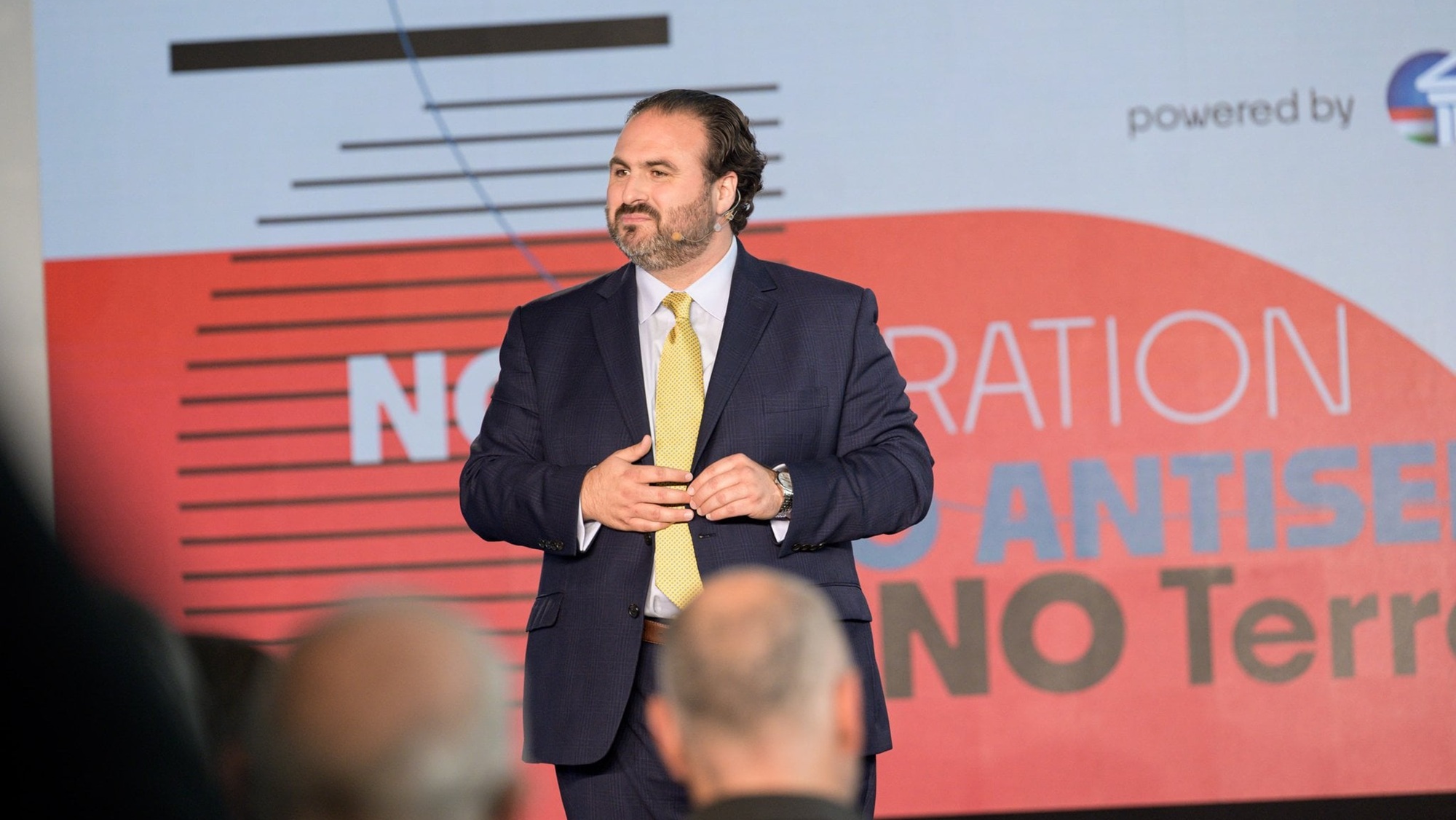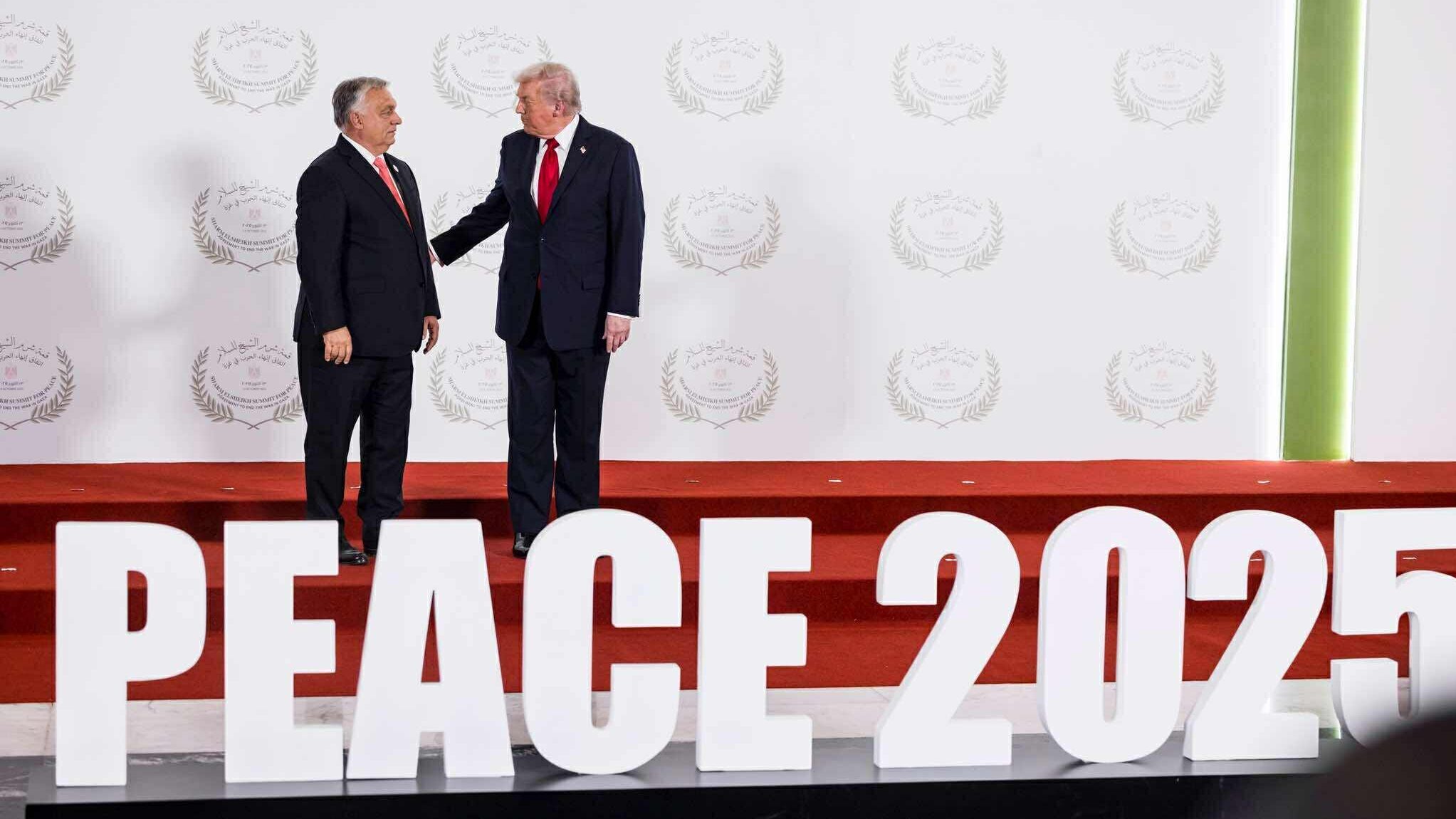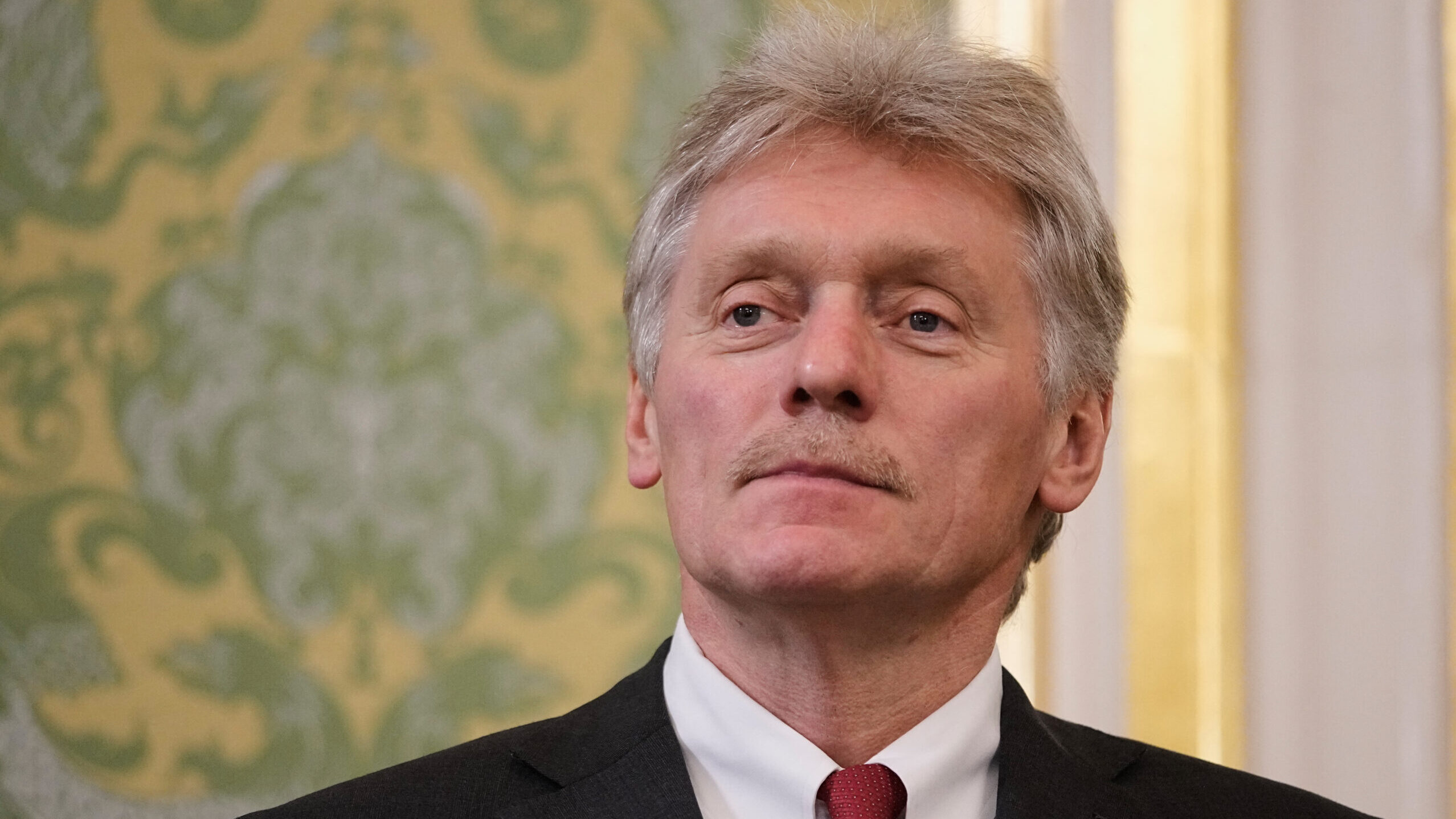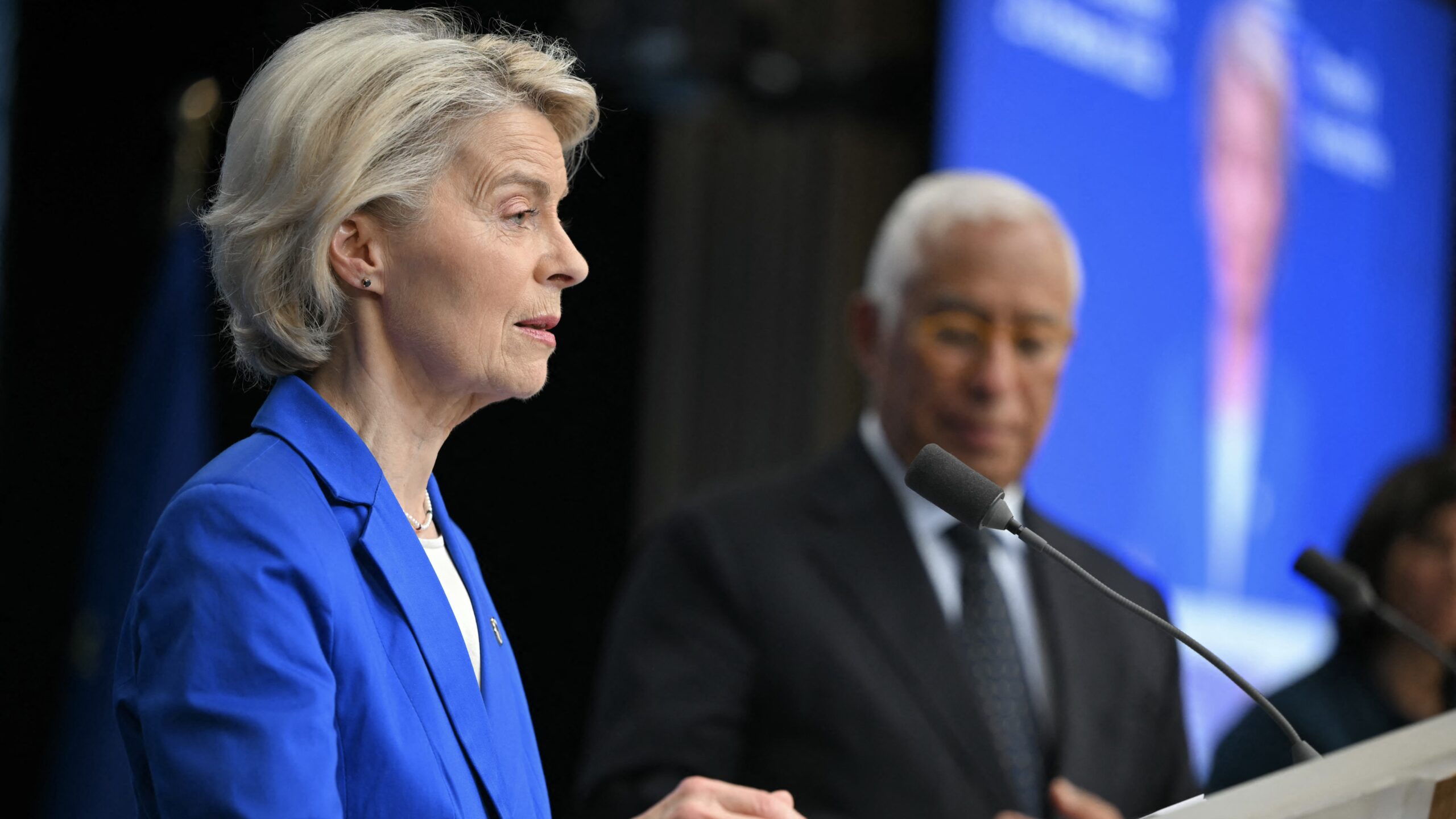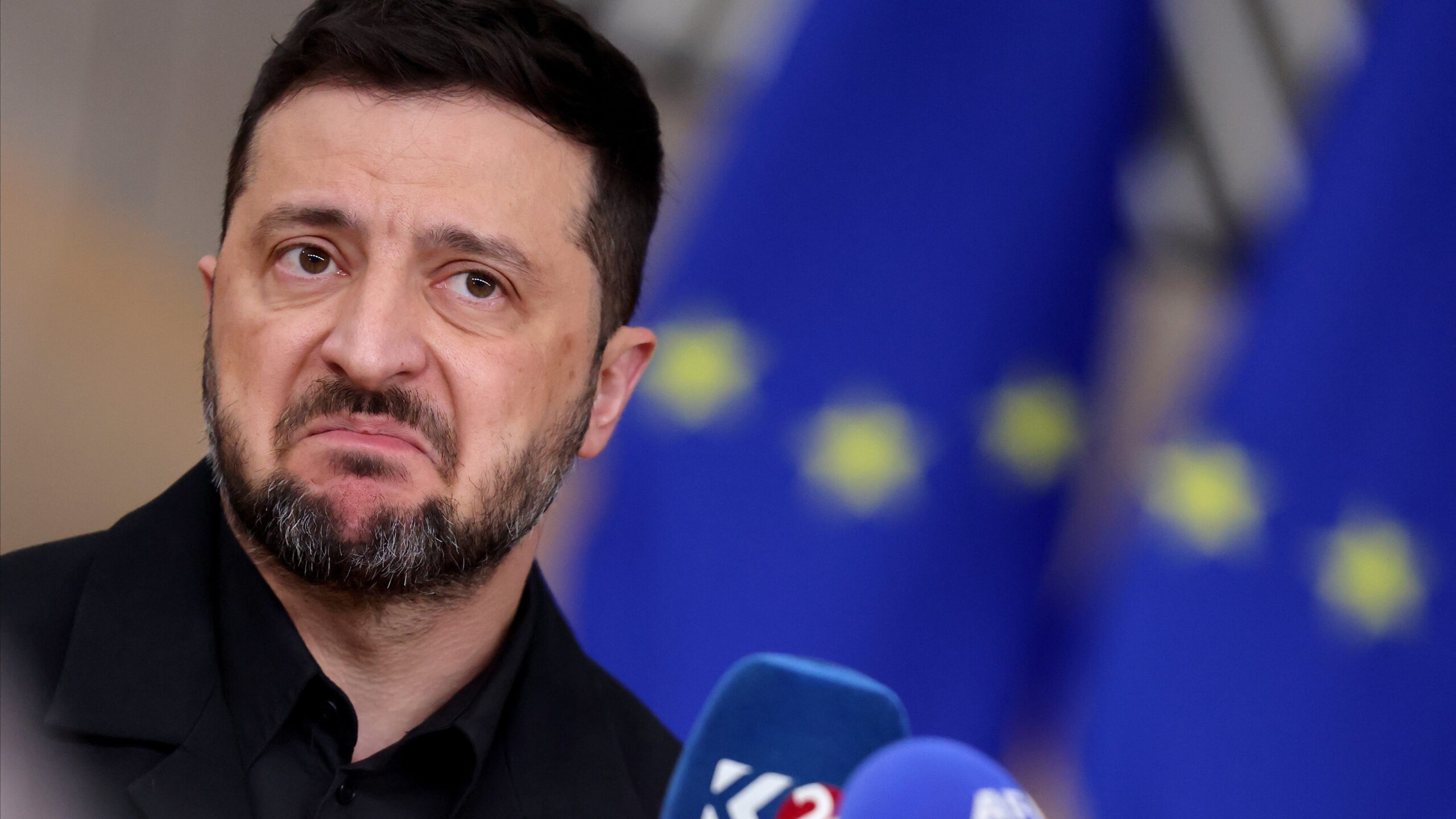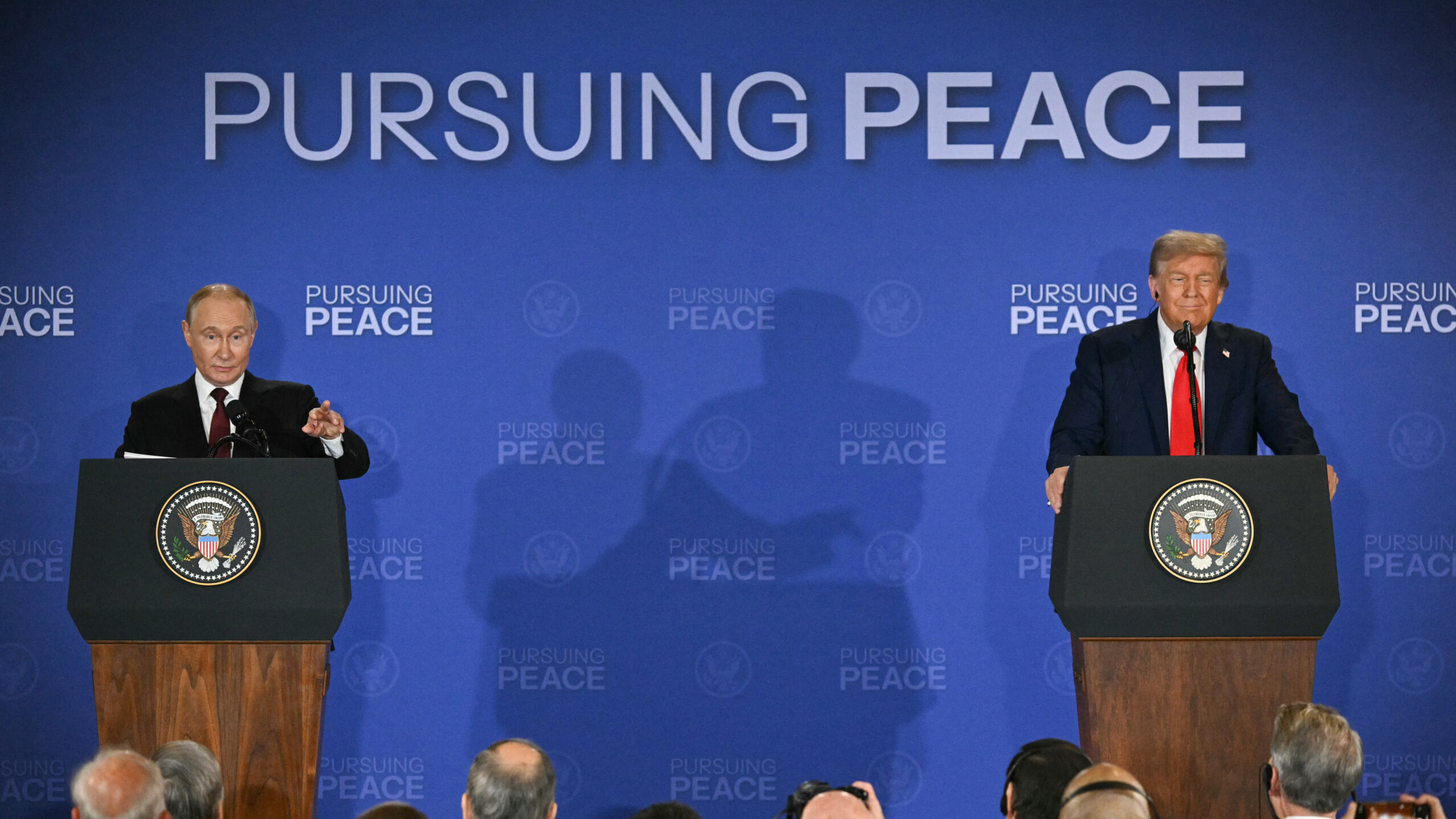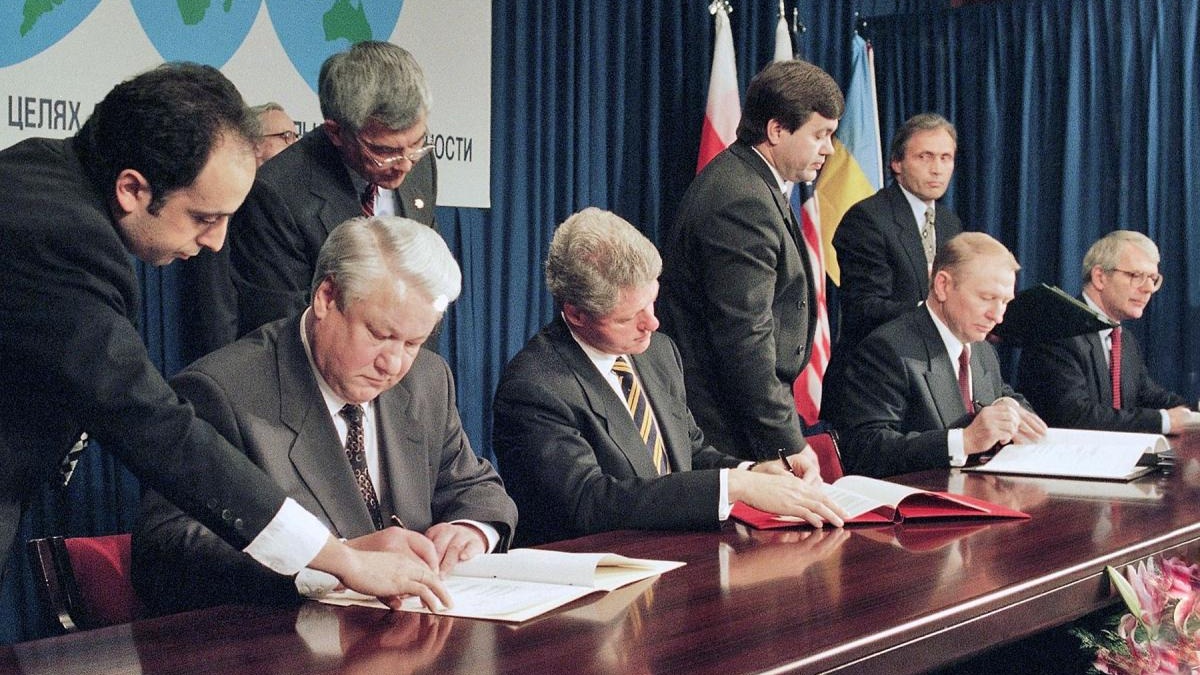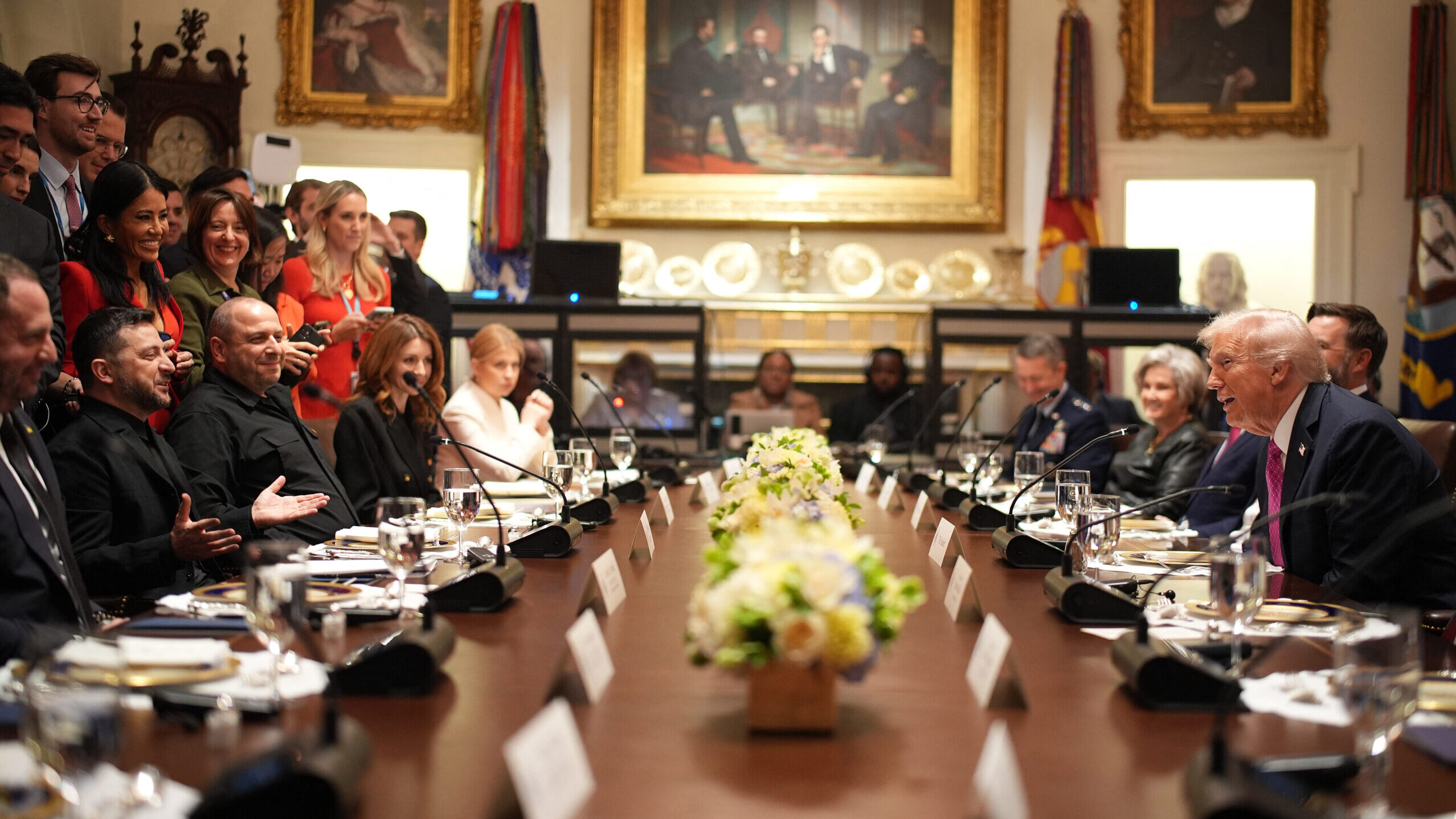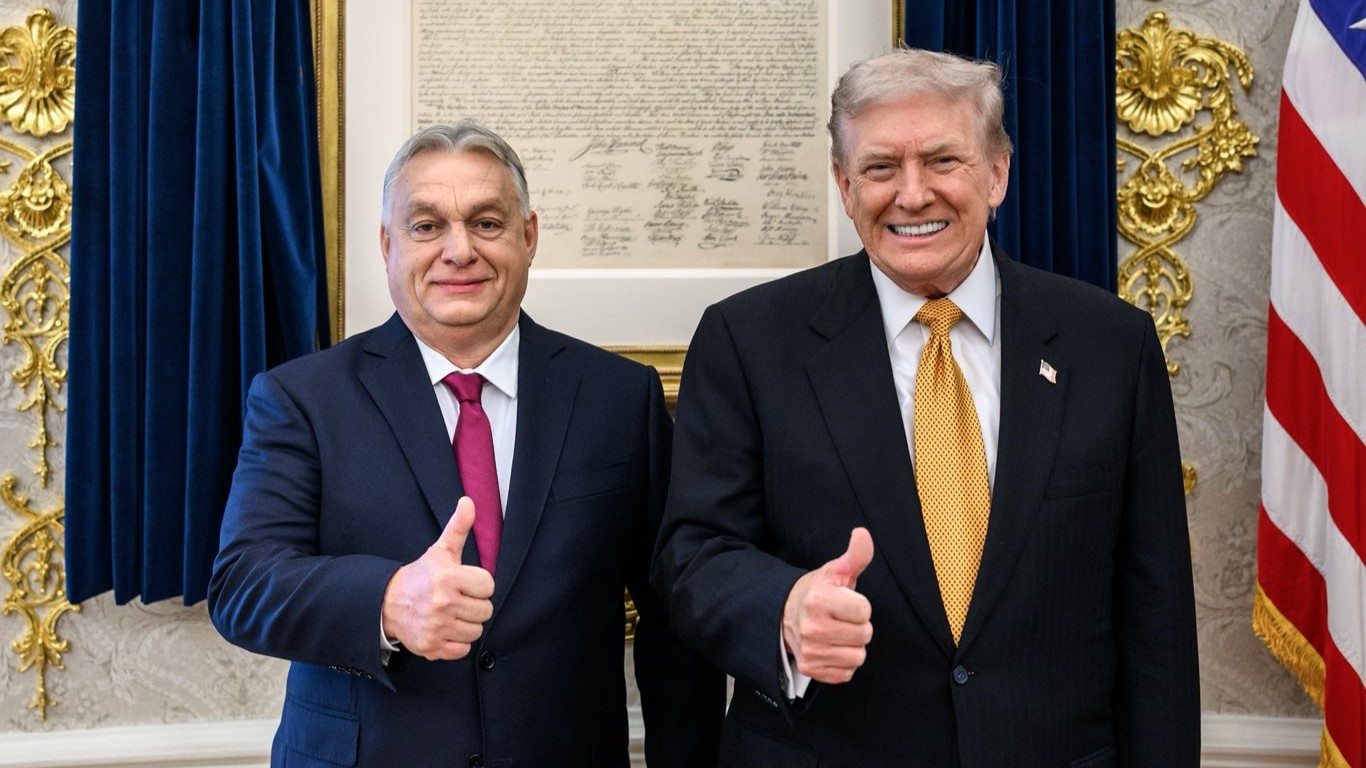
Orbán Scores Major Wins in Trump Meeting: Sanction Exemptions, Deals and More
US President Donald Trump approved a full sanctions exemption for Hungary on Russian oil and gas imports during his White House meeting with Prime Minister Viktor Orbán, in what both sides called a new era of US–Hungarian cooperation. The leaders secured multimillion-dollar deals on nuclear energy, defence, and space technology.

